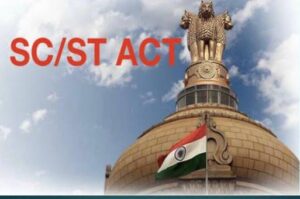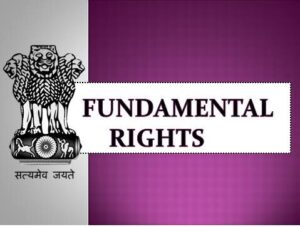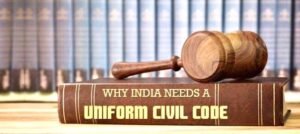Our Blogs

Mutual Divorce: A Voluntary Path to Separation
Divorce is a challenging and emotional process, often marked by conflict and bitterness. However, in recent years, a more amicable approach called mutual divorce has

The Domestic Violence Act: Safeguarding Victims and Promoting Safe Homes.
Domestic violence is a pervasive issue that affects individuals across gender, age, and socio-economic backgrounds. To address this grave problem and protect victims, the Indian

Article 124 of the Indian Penal Code: Offenses against the State and the Judiciary.
Article 124 of the Indian Penal Code (IPC) addresses offenses against the State and the judiciary. It is a crucial provision that safeguards the functioning

The Scheduled Castes and Scheduled Tribes (Prevention of Atrocities) Act, 1989: Safeguarding the Rights of Marginalized Communities.
The Scheduled Castes and Scheduled Tribes (Prevention of Atrocities) Act, 1989, commonly known as the SC/ST Act, is a significant legislation in India aimed at

Article 14 and 15 of the Indian Constitution: Upholding Equality and Combating Discrimination.
Articles 14 and 15 of the Indian Constitution are pivotal in promoting equality, justice, and the eradication of discrimination. These articles form the foundation of

Article 226 of the Indian Constitution: Empowering High Courts for Judicial Review and Writ Jurisdiction.
Article 226 of the Indian Constitution empowers the High Courts of India with extensive powers of judicial review and writ jurisdiction. It serves as a

Article 32 of the Indian Constitution: the Right to Constitutional Remedies.
Article 32 of the Indian Constitution is often hailed as the “heart and soul” of the Constitution, as it grants every citizen the right to

Fundamental Duties: Building Responsible and Harmonious Societies.
While fundamental rights empower individuals with liberties and protections, fundamental duties are equally important in fostering responsible citizenship and building harmonious societies. Fundamental duties serve

Fundamental Rights: Safeguarding Individual Liberty and Equality.
Fundamental rights are the bedrock of a democratic society, ensuring the protection of individual liberties, equality, and justice. These rights serve as a shield against

Understanding the Guidelines of the Arnesh Kumar Case by Supreme Court
Presumption of Innocence: Understanding the Guidelines of the Arnesh Kumar Case The Arnesh Kumar case, a significant judgment delivered by the Supreme Court of India

Understanding the Guidelines of the D.K. Basu Case By Supreme Court .
Upholding Human Rights: Understanding the Guidelines of the D.K. Basu Case 1986. The D.K. Basu case, a landmark judgment by the Supreme Court of India

Understanding the POCSO Act: Safeguarding Children’s Rights.
WHAT IS POCSO ACT ? Child sexual abuse is a grave issue that affects societies worldwide, posing a severe threat to the well-being and development

FUTURE OF UNIFORM CIVIL CODE / UCC.
Implementing a Uniform Civil Code (UCC) in a diverse country like India can bring several potential benefits. Here are some of the key advantages: It

HISTORY OF UNIFORM CIVIL CODE /UCC.SHALL CENTER IMPLEMENT BEFORE 2024?
The history of the Uniform Civil Code (UCC) in India can be traced back to the time of the country’s independence and the framing of
